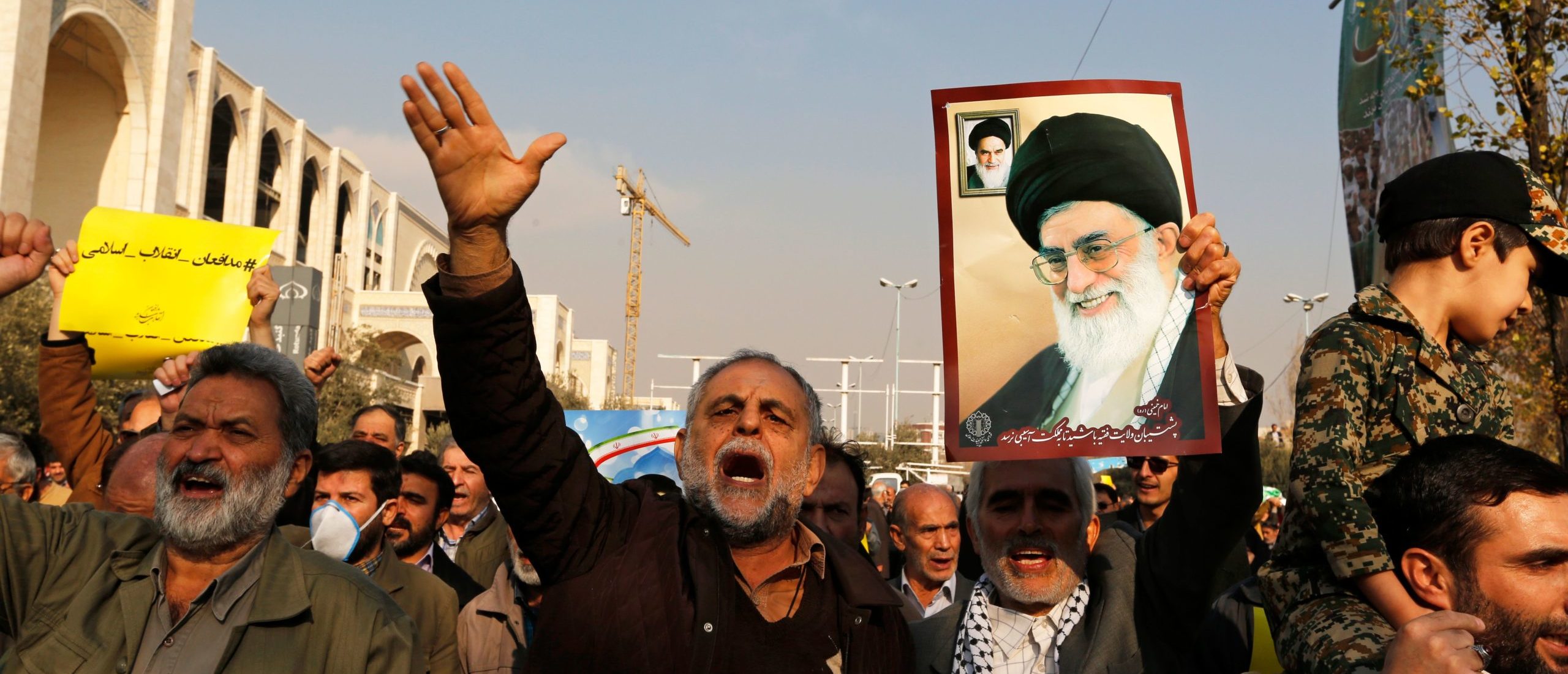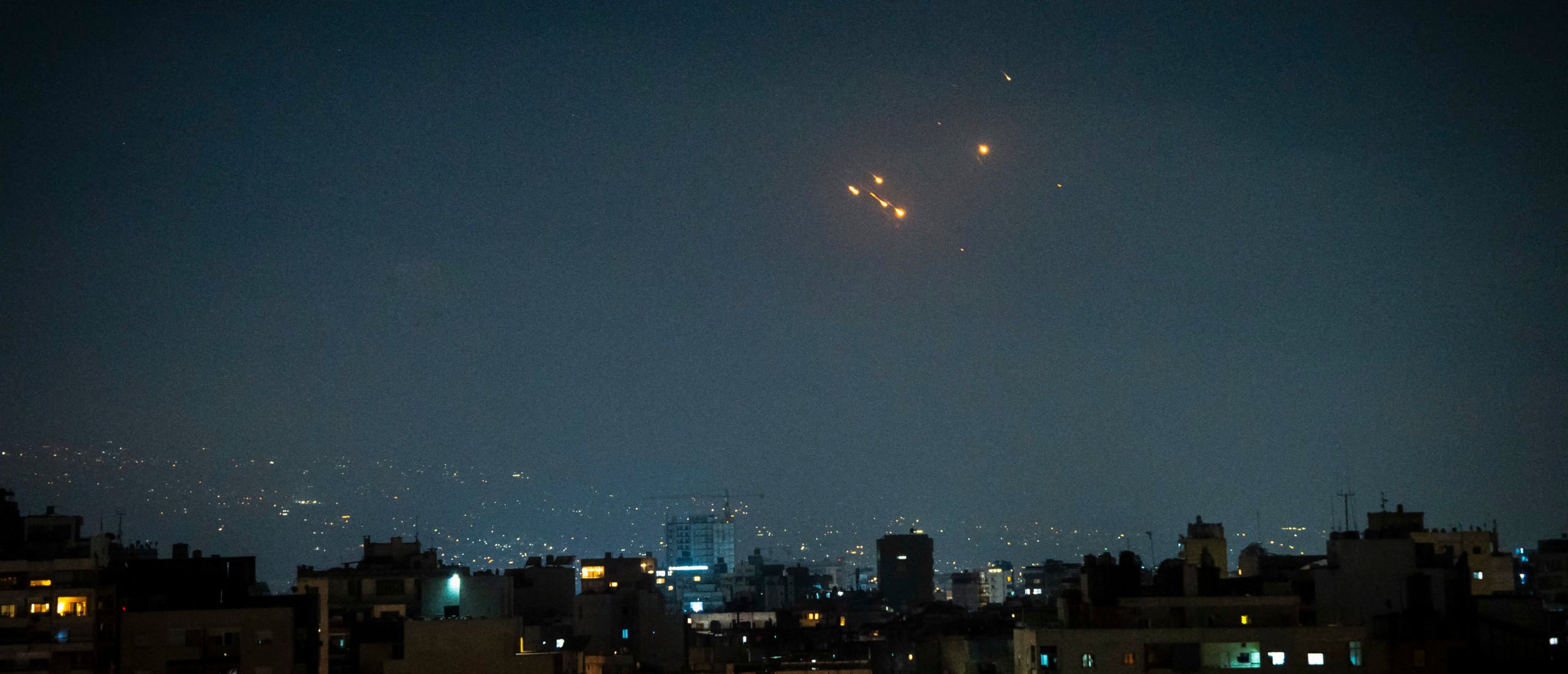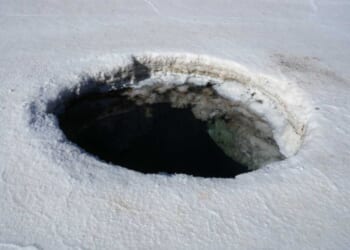As President Donald Trump and Israeli Prime Minister Benjamin Netanyahu flirt with the idea of assassinating Iranian Supreme Leader Ali Khamenei, experts warned the Daily Caller News Foundation that such a decision could throw the situation into a new level of uncertainty.
Trump and Netanyahu have left the door open for an assassination on the Supreme Leader, with Trump saying Tuesday on Truth Social that he was aware of the location of the supreme leader if the U.S. or Israel want to kill Khamenei. The Ayatollah’s killing could possibly improve the chances of Iran capitulating but also could signal to Iran that Israel’s war with Tehran is more about regime change than denuclearization, experts told the DCNF.
“If you actually have such an assassination, it kind of signals to the Iranians that this is certainly not about the nuclear program, but this is a much broader regime collapse, regime change, type of a campaign,” Trita Parsi, executive vice president of the Quincy Institute for Responsible Statecraft, told the DCNF. (RELATED: ‘Two Very Simple Words’: Trump Makes His Stance On Iran Unequivocally Clear)

Pro-government demonstrators hold a poster of Iran’s supreme leader, Ayatollah Ali Khamenei (R) and Iran’s founder of Islamic Republic, Ayatollah Ruhollah Khomeini and shout slogans during a march following the weekly Muslim Friday prayers in Tehran on January 5, 2018. (ATTA KENARE/AFP via Getty Images)
Upon the death of a supreme leader, Iran would have to select a new leader through the Assembly of Experts, a group of 88 senior clerics under the state religion of Shia Islam. The real process for selecting the new lifetime leader of the nation, however, is often determined in advance behind closed doors.
There are disparate rumors as to who would succeed Khamenei, but his son, Mojtaba Khamenei, is a likely candidate given his political power and his grooming for leadership under his father’s tutelage. Leaders from the Iranian Revolutionary Guard Corps (IRGC), who are fiercely loyal to the supreme leader and his office, may emerge to mount a challenge to the proverbial throne, Cliff May, president of the Foundation for Defense of Democracies, told the DCNF.
“There may be high officials in the IRGC who think: ‘Really, I should be in power. I mean, I’m going to be loyal to the ayatollah, of course, but after him it should be me,’” May told the DCNF. “This is more complicated now than it was two weeks ago because a lot of IRGC leaders have been killed, and many more may be killed before this is over.”
In an X post Wednesday, Khamenei said Iran would not surrender to Israel or the U.S., adding he was not “frightened by such threats.” He also said he would strike U.S. military bases in the region if America took any offensive military action against the Islamic Republic. (RELATED: US Could Destroy Iran’s Nuclear Dreams With Massive ‘Bunker Buster’ Bombs)

Iranian missiles face off Israeli interceptive missiles over Beirut, Lebanon, on June 13, 2025. (Photo by NAEL CHAHINE/Middle East Images/AFP via Getty Images)
A decision to assassinate the political and religious leader of 93 million Iranians is certainly an option that would require intense deliberation from Israel and the U.S., May told the DCNF.
“I say it’s a serious option because my guess is that Israeli intelligence is pretty good, and they probably have a pretty good idea where Ali Khamenei is,” May told the DCNF. “I know the cost-benefit is something that they are sitting down and trying to say, ‘OK, here are the pluses. Here are the minuses for us doing it.’ In other words, I don’t know that the decision has been made either by the Israelis or by the White House to take him out.”
The ayatollah’s assassination would likely prompt a military response from the regime, as Tehran launched retaliatory strikes when Trump assassinated IRGC Gen. Qasem Soleimani on Iraqi soil in 2020. Those strikes netted zero deaths of U.S. personnel, although there were 100 reported cases of traumatic brain injuries from the bombardment.
Trump is unlikely to take another attack on U.S. bases lying down if a hypothetical assassination leads to further escalation, May told the DCNF.
“Trump might say ‘OK, your militias are hitting our bases. I’m sorry, I’m not gonna let that go unanswered,’” May told the DCNF. “So that’s not a great thing for them. In the meantime, every day, their military capabilities are being weakened.”
Iran also risks complete collapse if the ayatollah is killed, given the nature of the regime relying on revolutionary ideals to justify its existence, Zineb Riboua, research fellow at the Center for Peace and Security in the Middle East in the Hudson Institute, told the DCNF.
“The Islamic Republic is a revolutionary regime. It feeds on the narrative that it is a revolution that needs to be exported and that Iran is the surrogate for a successful revolution that will go from the Middle East to Africa,” Riboua told the DCNF. “And I think because of what the Israelis have done, they’ve completely shattered this illusion.”
Riboua added that while retaliation would be likely, Iran’s capacity to attack the U.S. or Israel is considerably diminished from the past due to the degradation of its own capabilities.
The White House and the Israeli Ministry of Foreign Affairs did not immediately respond to the DCNF’s request for comment.
All content created by the Daily Caller News Foundation, an independent and nonpartisan newswire service, is available without charge to any legitimate news publisher that can provide a large audience. All republished articles must include our logo, our reporter’s byline and their DCNF affiliation. For any questions about our guidelines or partnering with us, please contact licensing@dailycallernewsfoundation.org.


![Former Bravo Star Charged After Violent Assault Using a Rock-Filled Sock in Tennessee Walmart [WATCH]](https://www.right2024.com/wp-content/uploads/2025/07/Former-Bravo-Star-Charged-After-Violent-Assault-Using-a-Rock-Filled-350x250.jpg)



![Karoline Leavitt Levels CNN's Kaitlan Collins and Other Legacy Media Reporters [WATCH]](https://www.right2024.com/wp-content/uploads/2025/07/Karoline-Leavitt-Levels-CNNs-Kaitlan-Collins-and-Other-Legacy-Media-350x250.jpg)
![Man Arrested After Screaming at Senators During Big Beautiful Bill Debate [WATCH]](https://www.right2024.com/wp-content/uploads/2025/06/Man-Arrested-After-Screaming-at-Senators-During-Big-Beautiful-Bill-350x250.jpg)



![Illegal Alien Walked Free After Decapitating Woman, Abusing Corpse for Weeks [WATCH]](https://www.right2024.com/wp-content/uploads/2025/07/1753013138_Illegal-Alien-Walked-Free-After-Decapitating-Woman-Abusing-Corpse-for-350x250.jpg)




